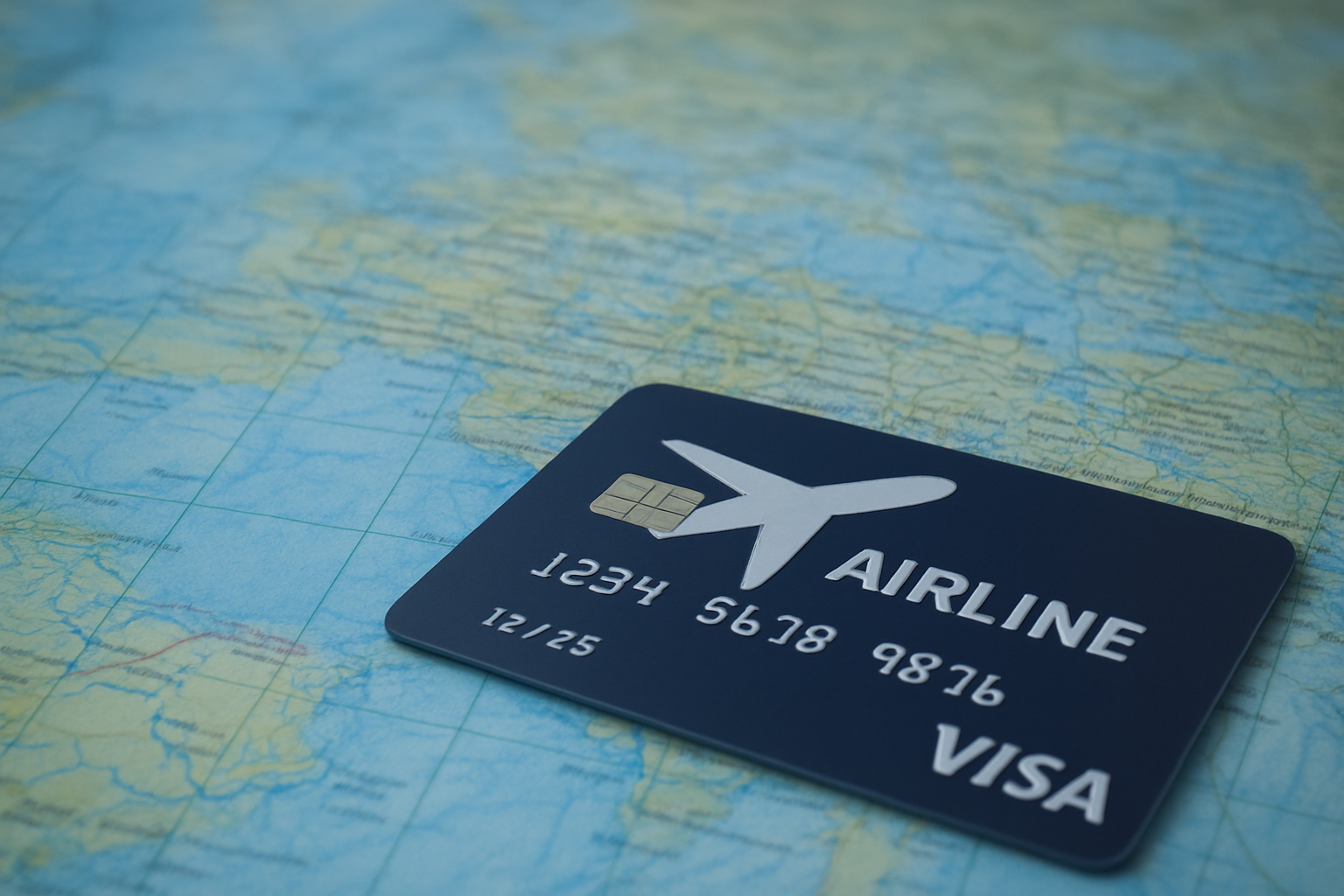Can You Travel Using Crypto? A Beginner’s Guide to Digital Currencies on the Road
Your Digital Wallet Could Be Your Best Travel Companion
Standing in another endless currency exchange line at the airport, watching fees pile up on your bank statement, or dealing with blocked cards in foreign countries—sound familiar? What if there was a way to sidestep these travel headaches entirely?
Enter cryptocurrency travel. What started as a niche experiment among tech enthusiasts has evolved into a legitimate alternative for modern travelers. From booking flights with Bitcoin to paying for street food with a crypto card, the digital currency revolution is reshaping how we explore the world.
The travel landscape is changing rapidly. The Trump administration has embraced digital assets as part of making America the “crypto capital of the world,” while new regulations across Europe and Asia are creating clearer frameworks for cryptocurrency use. This regulatory clarity is opening doors for mainstream adoption, making crypto travel more accessible than ever.
Whether you’re a curious first-time traveler or a seasoned nomad looking to optimize your finances, here’s everything you need to know about hitting the road with digital currency.
Why Smart Travelers Are Going Digital
Financial Independence That Actually Works
Traditional banking abroad can feel like navigating a minefield. Your card gets flagged for “suspicious activity” the moment you step off the plane, international wire transfers take days, and foreign exchange fees eat into your budget. Cryptocurrency offers a refreshing alternative—you maintain complete control over your funds without depending on banking infrastructure or arbitrary restrictions.
Real Savings on Real Transactions
The math is compelling. While traditional international transfers can cost $15-50 plus exchange rate markups, crypto transactions often cost under $5, regardless of the amount. Send $1,000 or $10—the fee remains minimal. For frequent travelers or anyone sending money across borders, these savings add up quickly.
Privacy Without Paranoia
Crypto isn’t about hiding—it’s about maintaining reasonable financial privacy. Your transactions don’t require sharing sensitive personal information with every merchant, and you’re not building a detailed profile of your spending habits across multiple databases. It’s financial autonomy, not anonymity.
Where Your Crypto Actually Spends

Countries Leading the Digital Revolution
El Salvador 🇸🇻
Still the gold standard for crypto adoption. Bitcoin isn’t just accepted—it’s legal tender. From beachside hostels in El Zonte to upscale restaurants in San Salvador, you’ll find Bitcoin payments as common as cash. The government-backed Chivo Wallet makes transactions seamless for both locals and visitors.
Read More: El Salvador: The Emerging Paradise for Digital Nomads and Adventurers
Portugal 🇵🇹
Lisbon has become Europe’s unofficial crypto capital. With favorable tax policies for crypto gains and a thriving digital nomad scene, the city embraces blockchain technology. Coworking spaces, cafes, and tour operators throughout the country increasingly accept digital payments.
United Arab Emirates 🇦🇪
Dubai positions itself as a blockchain hub, with luxury hotels, car rentals, and even real estate transactions accepting crypto. The city’s forward-thinking approach makes it a premium destination for crypto-savvy travelers.
Thailand 🇹🇭
While regulations continue evolving, crypto acceptance is growing in tourist hotspots like Chiang Mai and Phuket. Several resorts and travel agencies, including Bangkok’s Sabay Digital, accept major cryptocurrencies for bookings.
Travel Platforms Embracing Digital Currency
Travala
The most comprehensive crypto travel platform, offering over 3 million bookings across hotels, flights, and activities. Supporting 90+ cryptocurrencies, they’ve partnered with major exchanges like Binance and operate their own AVA token for additional benefits.
Read More: Travala.com: The Future of Travel Bookings with Cryptocurrency
Alternative Airlines
This UK-based platform covers 600+ airlines and accepts crypto payments through integrated services like Crypto.com Pay, making flight booking genuinely accessible with digital currency.
CheapAir
A pioneer in crypto travel since 2013, they accept Bitcoin and Litecoin for flights, hotels, and car rentals, proving the concept’s longevity and reliability.
Destinia also accepts Bitcoin for hotel and flight bookings with competitive rates globally.
The Crypto You Should Actually Use
Not all digital currencies work equally well for travel. Here’s what actually gets accepted:
Bitcoin (BTC) remains the most widely recognized, though transaction fees can be higher during network congestion.
Stablecoins (USDT/USDC) offer price stability—crucial when you don’t want your hotel payment fluctuating between booking and check-in.
Ethereum (ETH) works well on most platforms, especially DeFi-based travel applications.
Litecoin (LTC) provides fast, cheap transactions, making it practical for smaller purchases.
Exchange tokens (BNB, AVAX, SOL) are gaining traction through platform-specific travel services.
Crypto Cards: The Perfect Bridge
If direct crypto acceptance seems limited in your destination, crypto debit cards solve the problem elegantly. These cards automatically convert your digital assets to local currency at the point of sale.
Top Cards for Travelers:
Crypto.com Visa Card offers cashback in CRO tokens and travel perks like airport lounge access (varies by tier).
Binance Card supports multiple cryptocurrencies with global Mastercard acceptance and competitive conversion rates.
Coinbase Card integrates seamlessly with Coinbase accounts, letting you spend your crypto balance anywhere Visa works.
Kast Card is an emerging option that offers up to 5% rewards on all spending and works with Apple Pay, Google Pay at 100M+ merchants globally. Available in 30+ countries including Mexico, Argentina, and Brazil, making it particularly attractive for travelers to Latin America.
Each card has different fee structures and availability by country, so research which works best for your travel patterns. Check current comparisons on CoinLedger’s crypto card guide for detailed reviews.
Staying Secure on the Road
Crypto travel requires the same caution as carrying cash, with some digital-specific considerations:
Use Hardware Wallets for storing large amounts. Keep only spending money in mobile wallets.
Enable Two-Factor Authentication on all accounts. Your phone is your bank—protect it accordingly.
Research Local Laws before traveling. While crypto is legal in most countries, some have restrictions or outright bans.
Don’t Advertise Your Holdings. Crypto wealth can make you a target for theft or scams.
Choose Reliable Mobile Wallets like Trust Wallet, MetaMask, or Exodus for daily transactions.
Essential Tools for Crypto Travelers
CoinMap shows real-time locations of crypto-accepting merchants worldwide.
1inch or Uniswap enable currency swapping while abroad without traditional exchanges.
Coincub provides updated legal information for cryptocurrency use by country.
BitPay offers both merchant payment processing and prepaid Mastercard options for travelers.
Modern payment processors like NOWPayments and OpenNode are expanding merchant acceptance, making crypto payments more seamless.
For comprehensive crypto card comparisons, check Bitzuma’s 2025 guide which covers the latest options and features.
The Regulatory Landscape in 2025
The crypto travel environment is rapidly professionalizing. The EU’s Markets in Crypto-Assets regulation and Travel Rule for crypto-asset service providers became fully effective in December 2024, creating clearer compliance frameworks. This regulatory clarity is expected to drive broader adoption and institutional acceptance.
In the United States, the Trump administration’s executive order supporting “responsible growth and use of digital assets, blockchain technology, and related technologies across all sectors of the economy” signals a more crypto-friendly regulatory approach, potentially accelerating mainstream adoption.
Is Crypto Travel Right for You?
Cryptocurrency travel isn’t just possible—it’s practical for many modern travelers. The infrastructure exists, acceptance is growing, and the benefits are real. While the ecosystem continues developing, today’s tools make digital currency a viable alternative to traditional travel finance.
You don’t need to be a tech expert or crypto maximalist to benefit. If you value financial independence, appreciate lower fees, or simply want to experience the future of money, crypto travel offers a compelling alternative to traditional banking.
The next time you plan a trip, consider leaving the physical wallet behind. Your smartphone, a crypto card, and a sense of adventure might be all you need to explore the world on your own financial terms.
Ready to start your crypto travel journey? Begin with small transactions, research your destination’s crypto acceptance, and always maintain backup payment methods. The future of travel is digital—and it’s arriving faster than you think.
Related Post: The Era of Digital Payments: How Blockchain Is Transforming Travel













